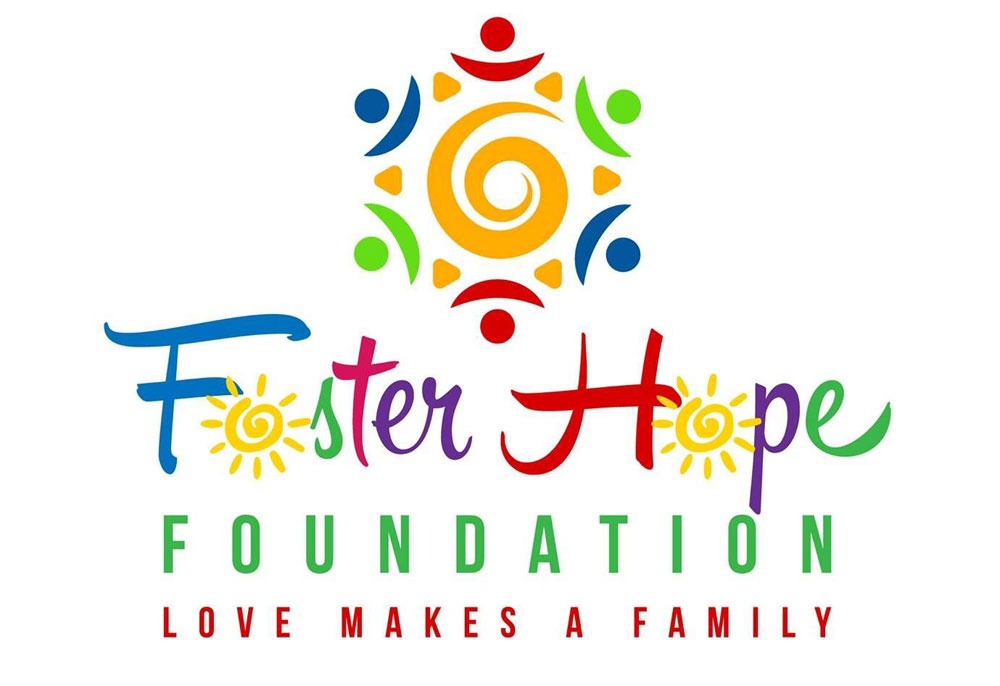
June 20, 2019; Arizona Republic
In a recent article, the Arizona Republic outlined its concerns with Arizona’s Foster Hope Foundation and its operations. The biggest one is that the organization seems to spend less than 20 percent of its income on services and it is hard to find a solid paper trail showing how donations are spent. We might pile on a bit and suggest that any nonprofit that lists only one board member, with that board member being paid by the organization, isn’t in fact a nonprofit at all.
Here is what its Form 990 says: “Right now, we have only one board member, the director. We have had a meeting and are placing new members on the board.”
The director, Justin Hack, records himself as having been paid $104,000 in the listing of directors and officers but records no budget in 2017. Anyway, we can’t make sense of the 990, but we figure that if the IRS is going to run even the most basic spot checks, doing one that looks for groups that have just one board member who is paid would be a good thing.
Under the request for committee meeting documentation, he writes, “Working on getting a policy from nonprofit lawyer has not been completed at this time chairman is regulating all requirements. [sic]”
The organization lists some of its services on its websites and even advertises events. However, there are almost no details on several of the pages. The “birthday sponsorship” page is just a donation page. Their event pages don’t show information or a place to register for the event. Their scholarship page is just an error page. Even their mission, “To provide foster children with all of the happiness, well-being, and opportunities they deserve.” is lofty at best.
Sign up for our free newsletters
Subscribe to NPQ's newsletters to have our top stories delivered directly to your inbox.
By signing up, you agree to our privacy policy and terms of use, and to receive messages from NPQ and our partners.
Most of the “Who We Are” page is an ego-boost for their executive director, Justin Hack. While the page hints at Hack’s sales background, it does not delve too deeply into his past.
Foster Hope’s “What We Do” page explains their main objective is fundraising to provide services for foster children in the state of Arizona. They train volunteers to go out and collect money for the organization to use to better the lives of foster children. The volunteers “educate” and recruit others to come on board as fundraisers. The model is called cash-jar fundraising.
Justin Hack was once a cash-jar solicitor for Mark Carpenter, according to a December 2018 Arizona Daily Star article. Carpenter owns a fundraising business and has recently been in trouble for fundraising for his businesses—using names that are eerily similar to well-known nonprofits. Hack uses what he learned from Carpenter as a fundraising technique for his foundation. Street-level fundraisers, all volunteers, ask people for donations. Of the donations collected, not even 20 percent goes to services. Most of Carpenter’s associates use this same model, 20 percent and all. Carpenter has publicly, and correctly, stated that this practice is not illegal. Hack currently pays for “fundraising advice” with donation money to Carpenter’s consulting firm.
The Arizona Daily Star article identified several other Carpenter-trained fundraisers in Arizona using the same methods and ambiguity. A couple of them use foster children. Some of Carpenter’s fundraisers have been caught toeing the legality line of this kind of practice, including Justin Hack. Arizona Daily Star reports Hack was arrested in 2013 for paying kids to sell invalid coupons to homeowners. He was never prosecuted.
These practices could negatively impact other nonprofits in similar spaces. “It really takes away from what we’re trying to accomplish,” said Dan Shufelt, CEO of Arizona’s Helping Hands, in the Republic article. The narrative becomes more of a warning to donors than a message of serving children in foster care. In a 2017 NPQ article, Ruth McCambridge described New York’s “Operation Bottomfeeder,” an attempt to hold fundraising scam artists accountable for using “highly sympathetic subjects” to fundraise for personal gain.
It is in the best interests of upstanding nonprofits to encourage state regulators as they protect the sector from those who would exploit donor generosity. Recent research has found there’s a decline across the country in the number of households giving. To date, no one reason has been identified for this trend, but doubts about where the bulk of one’s donations will end up could certainly play into that. It is long overdue for nonprofits to stop resisting state regulators and start helping them create systems that better guard the public, as well as their confidence in us as a sector.—Sarah Miller













